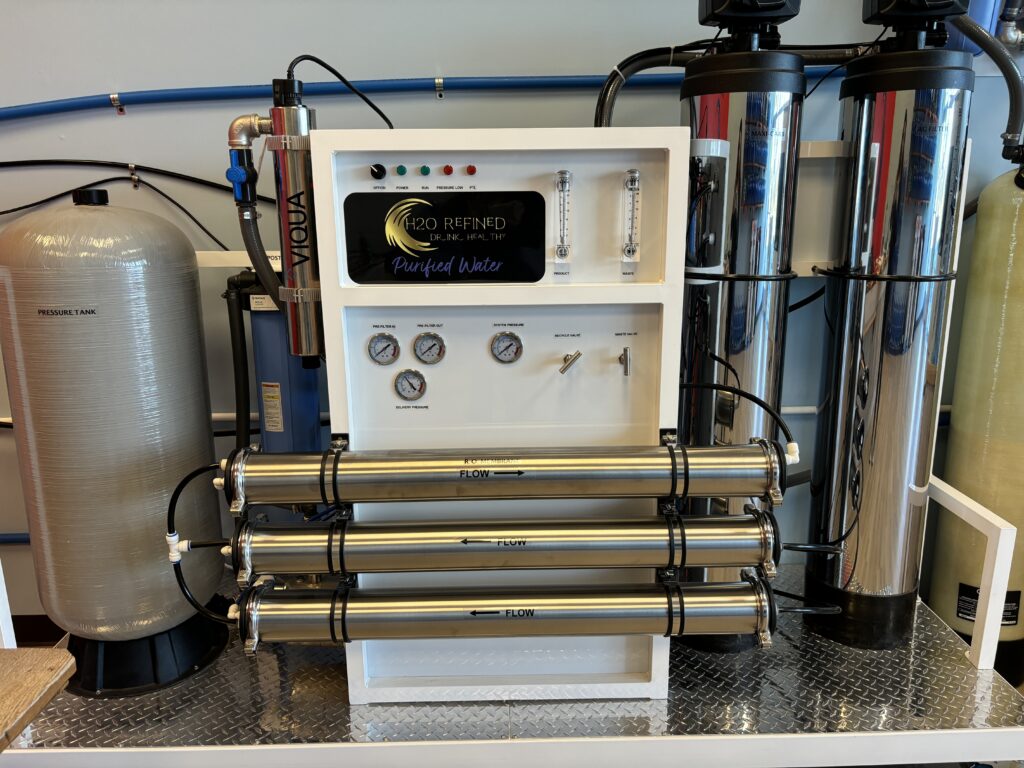There’s a plethora of reviews and opinions circulating about it, and many companies are integrating it into their product offerings. Celebrities like Lebron James, Tom Brady, Mark Wahlberg, and numerous others have endorsed it, claiming to have switched from tap or bottled water to alkaline water.
Understanding alkaline water starts with the pH scale, which measures acidity or alkalinity on a scale from 0 to 14. Alkaline water typically boasts a higher pH level, around 8 or 9, compared to tap or bottled water. It contains alkaline minerals and negative oxidation-reduction potential (ORP), which can act as either a prooxidant or an antioxidant. The taste may differ slightly from other water types, often described as slightly bitter, though this varies based on personal preference.
The Arthritis Foundation found that alkaline water with an 8.8 pH permanently neutralized stomach acid (pepsin), thereby relieving acid reflux symptoms. Bones are exquisitely sensitive to changes in pH. In an acid environment, new bone doesn’t form while existing bone breaks down. Bones even have alkaline reserves to offset excess acidity. Some researchers have speculated that alkaline water might protect bones, especially in postmenopausal women. A big selling point of alkaline water is that it’s extra hydrating. One study of 100 healthy adults did find that alkaline water was twice as hydrating as regular water after exercise.
A 2016 study discovered drinking alkaline water while working out improves blood viscosity and increases energy. A 2018 study found drinking alkaline water might help reduce the symptoms associated with liver disease. Alkaline water is also touted for its ability to help treat acne, reduce blood pressure, cholesterol, and manage diabetes.
The pH level of alkaline water depends on the alkaline minerals it contains. For instance, H2O Refined’s alkaline water includes electrolytes, calcium, and magnesium, targeting a pH of 9.5.
McGill University conducted a study and found there is also some evidence that calcium and magnesium in drinking water may help protect against gastric, colon, rectal, and pancreatic cancer. Also magnesium may help protect against esophageal and ovarian cancer.
However, the debate over the health benefits of alkaline water persists. Nevertheless, there have been no reported negative side effects associated with its consumption in studies. While doctors and researchers don’t dismiss the idea of trying alkaline water, they advise caution regarding its source. Many businesses sell home alkaline water systems, but without a functioning reverse osmosis system in place, contaminants in the water supply may counteract the benefits of alkaline water.
For those considering installing an alkaline water system, it’s crucial to consider water filtration methods. Integrating a reverse osmosis system is ideal, but it’s essential to assess how the water is plumbed throughout the house. Using purified water for every household function (sprinklers, clothes washer, toilet, shower, etc.) can be costly (i.e. membrane/filter replacements), considering the average American household’s significant daily water consumption, 300 gallons per day equal to 8-9,000 gallons per month.
A practical recommendation would be to reserve purified water for drinking and explore under-the-sink options or lower cost self-contained water dispensers for alkaline water integration into daily routines.
Drink Healthy!
















